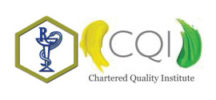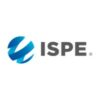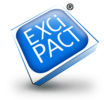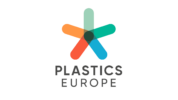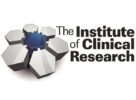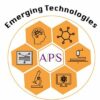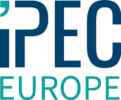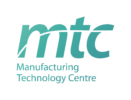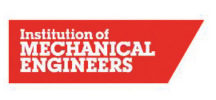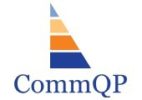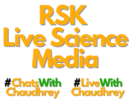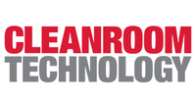Validation – Three Batches is Enough (NOT)!
Effective validation requires a proper understanding of the behaviour of the process, in particular the variation that can occur within the process and how this impacts the process performance – whether the process is capable of being validated or not.
The presentation will discuss the types of variation that can occur within a process, how to manage and measure variation and how the data collected during the initial validation can support CPV (Continued Process Verification).
Regulatory agencies expect good understanding and control of process variation; don’t be left behind!
Speaker
 Bob Hayes Vice-Chair, Pharmaceuticals Technical Activities Committee - Institution of Mechanical Engineers
Bob Hayes Vice-Chair, Pharmaceuticals Technical Activities Committee - Institution of Mechanical Engineers















